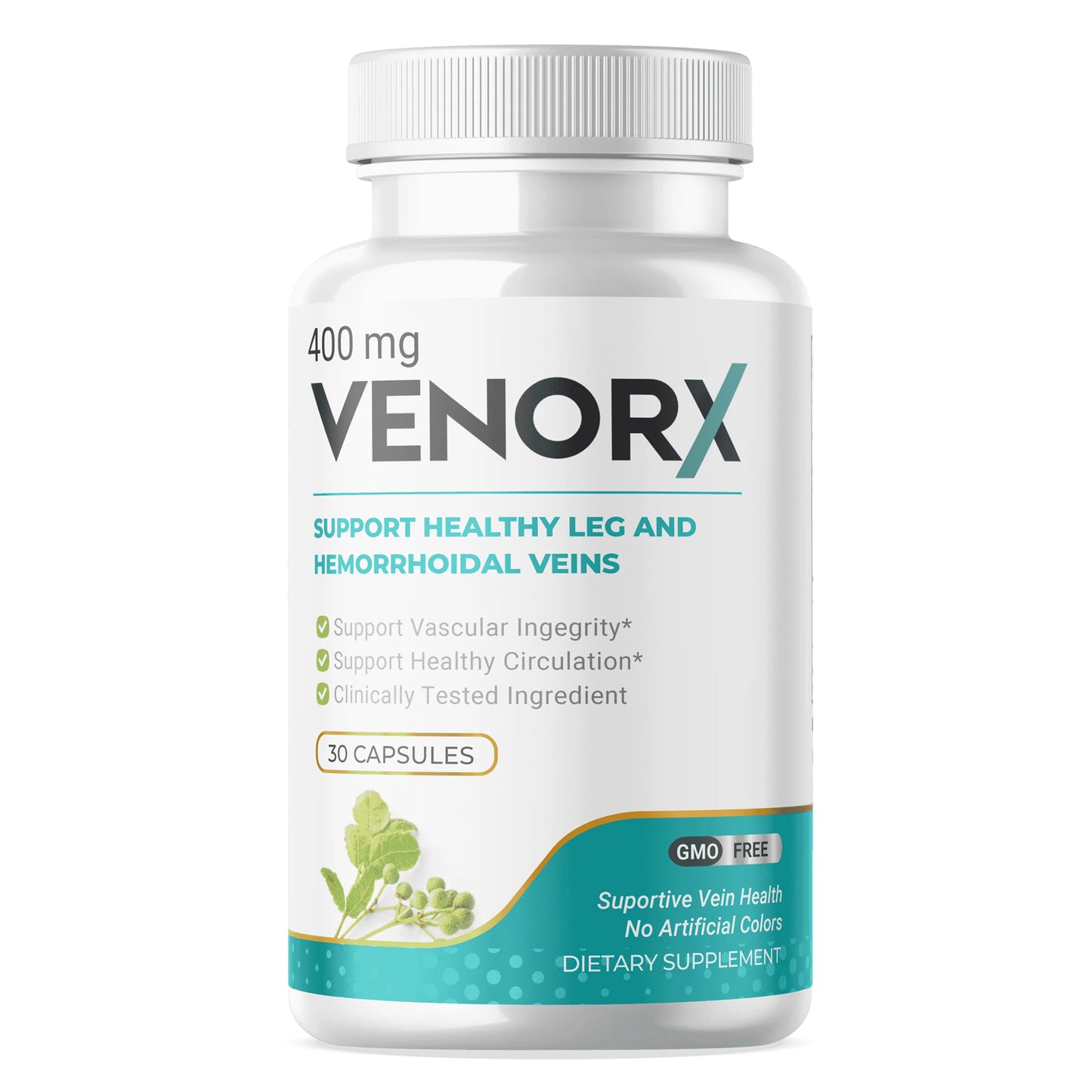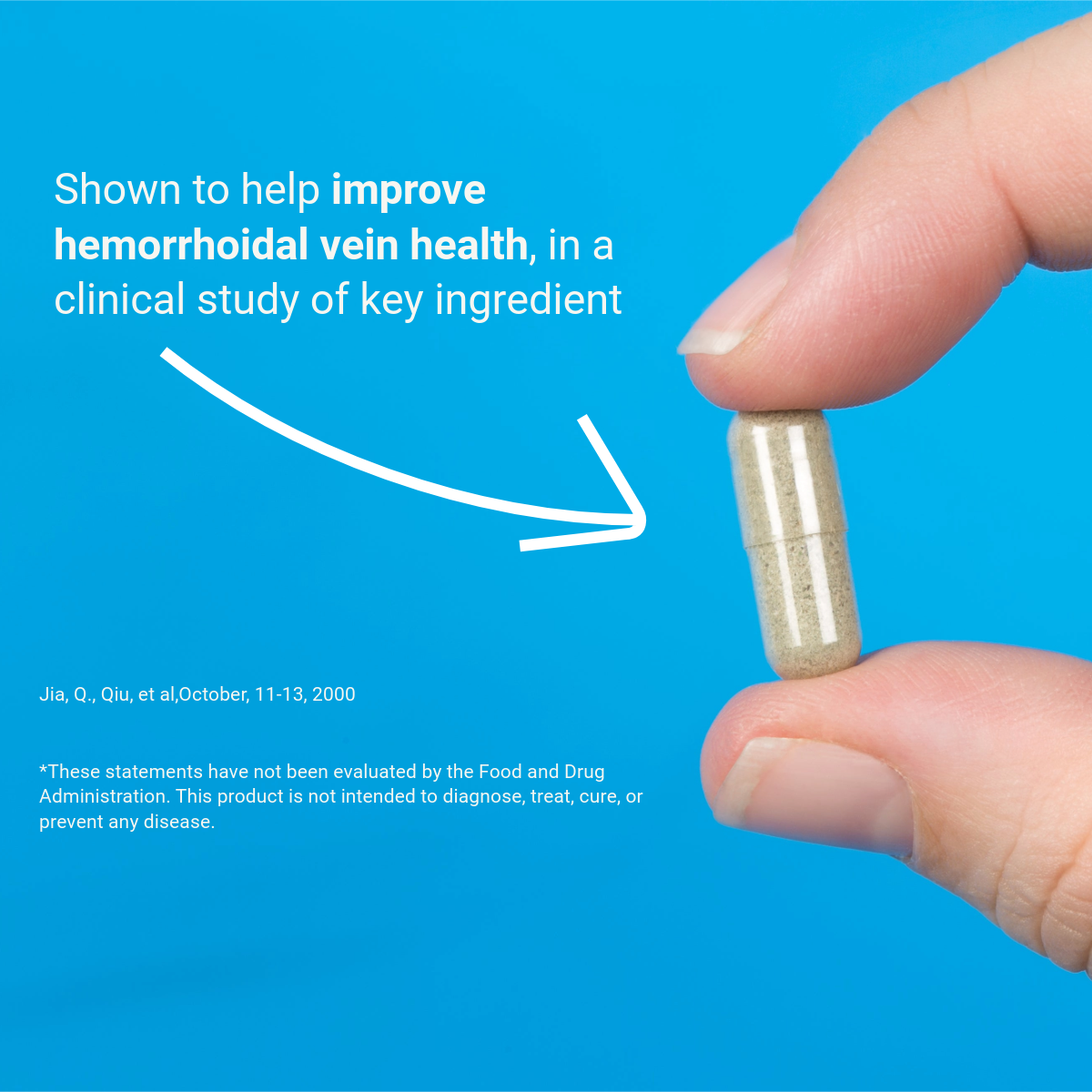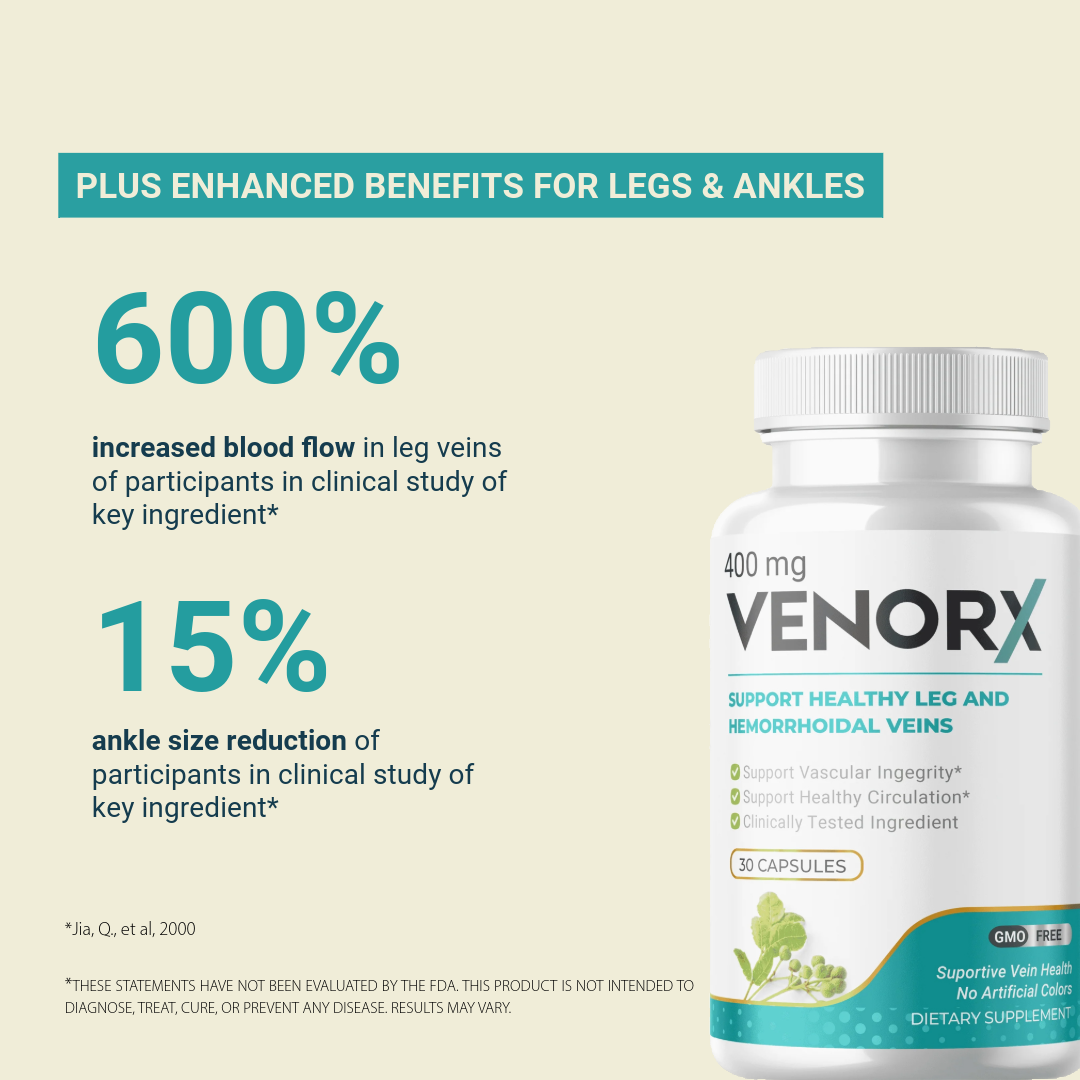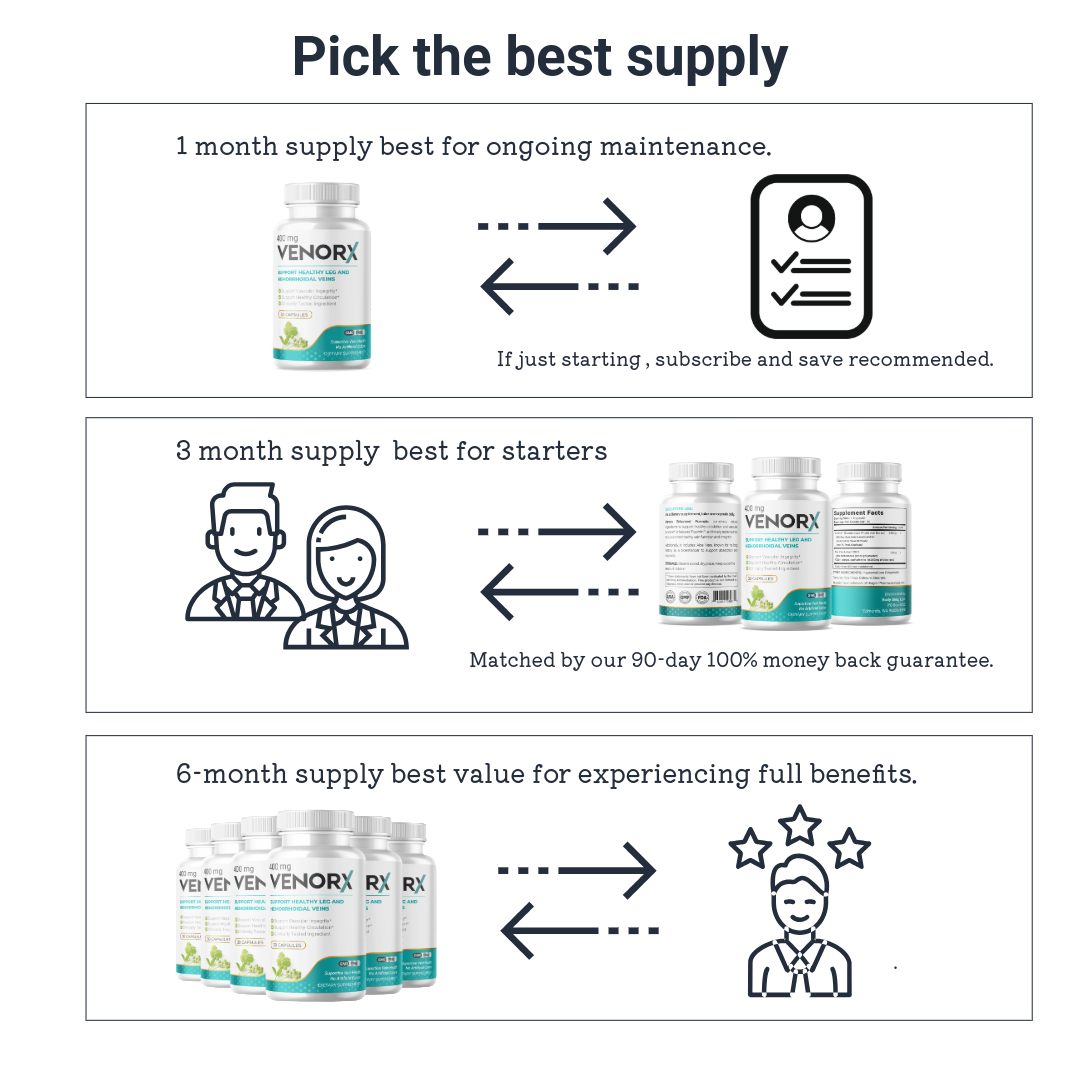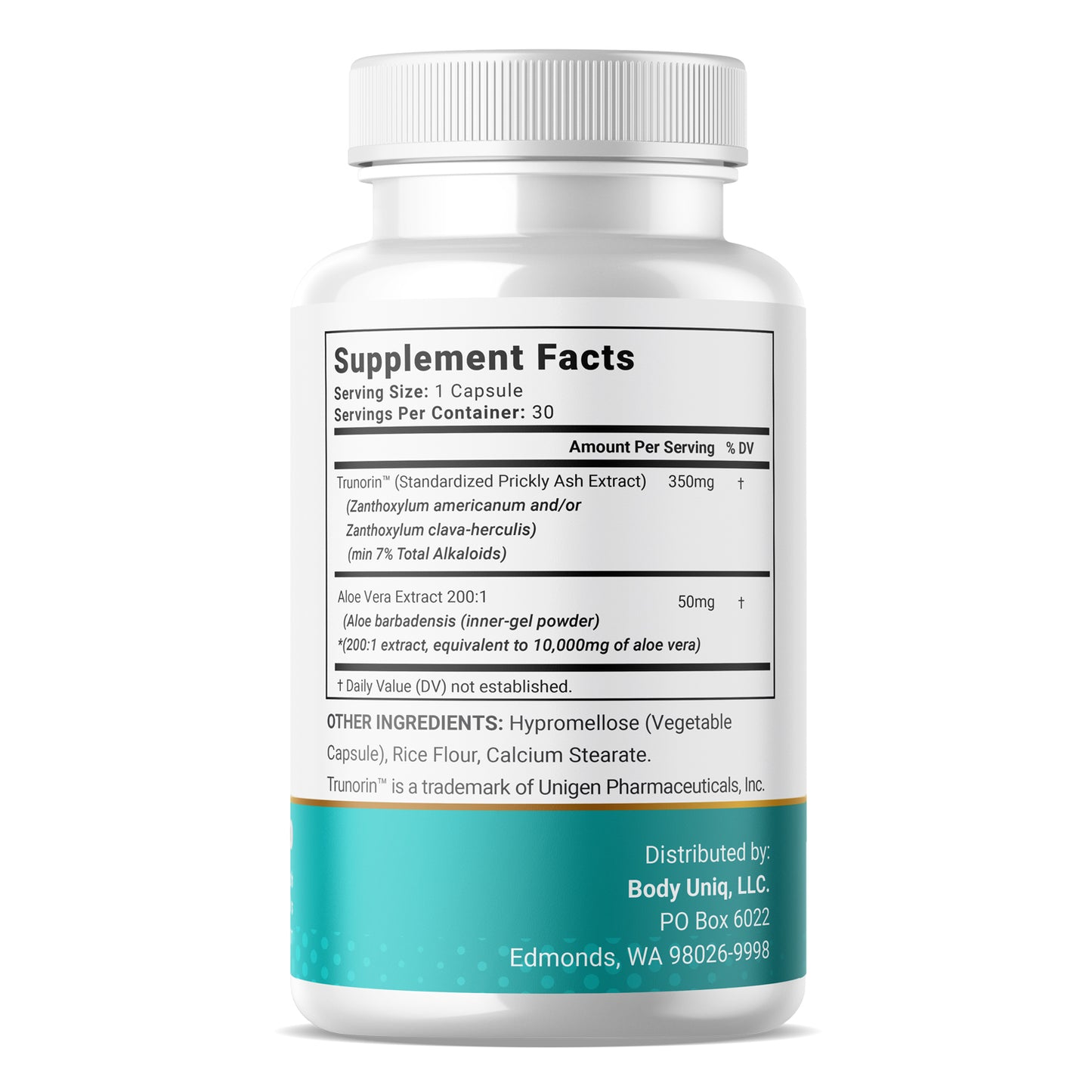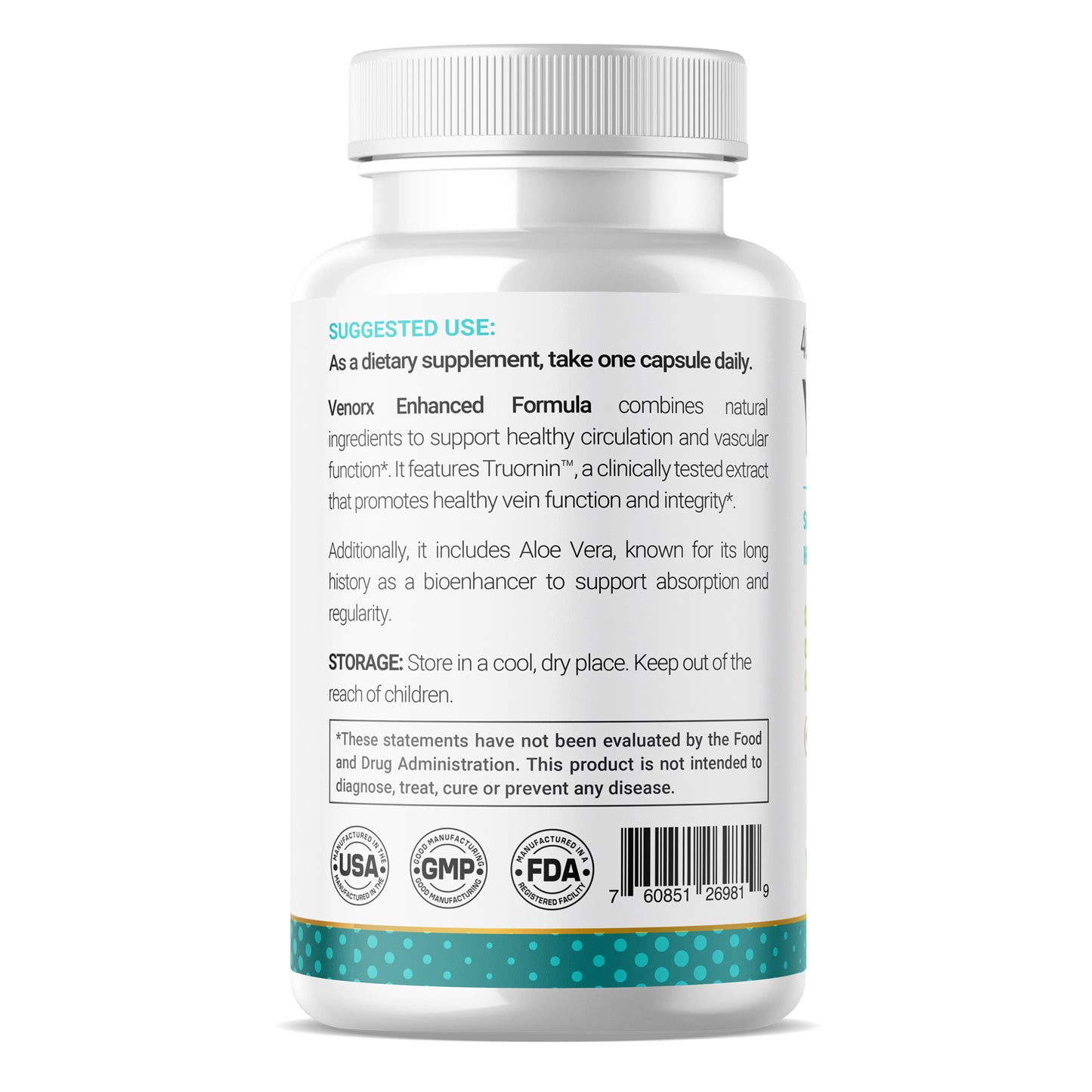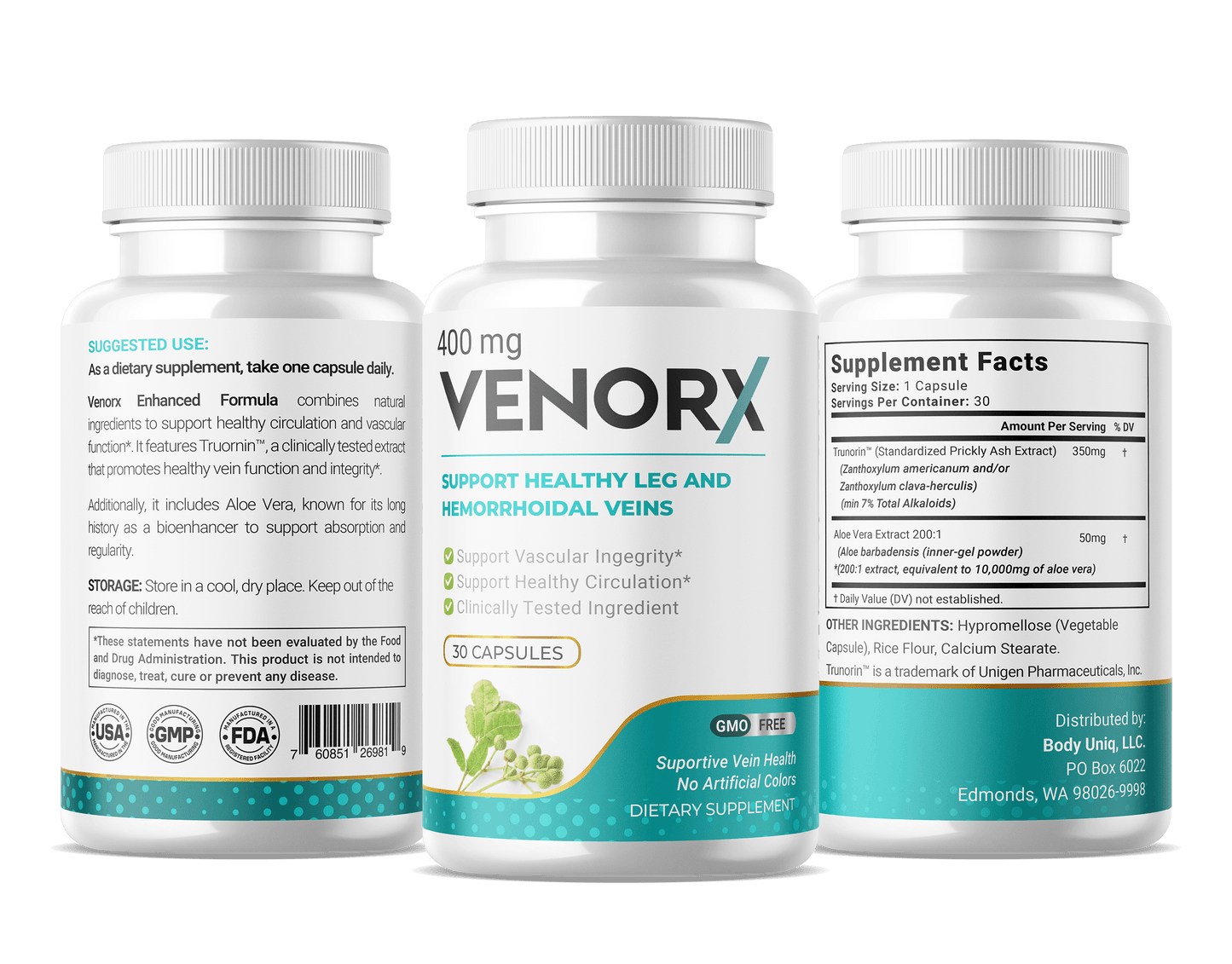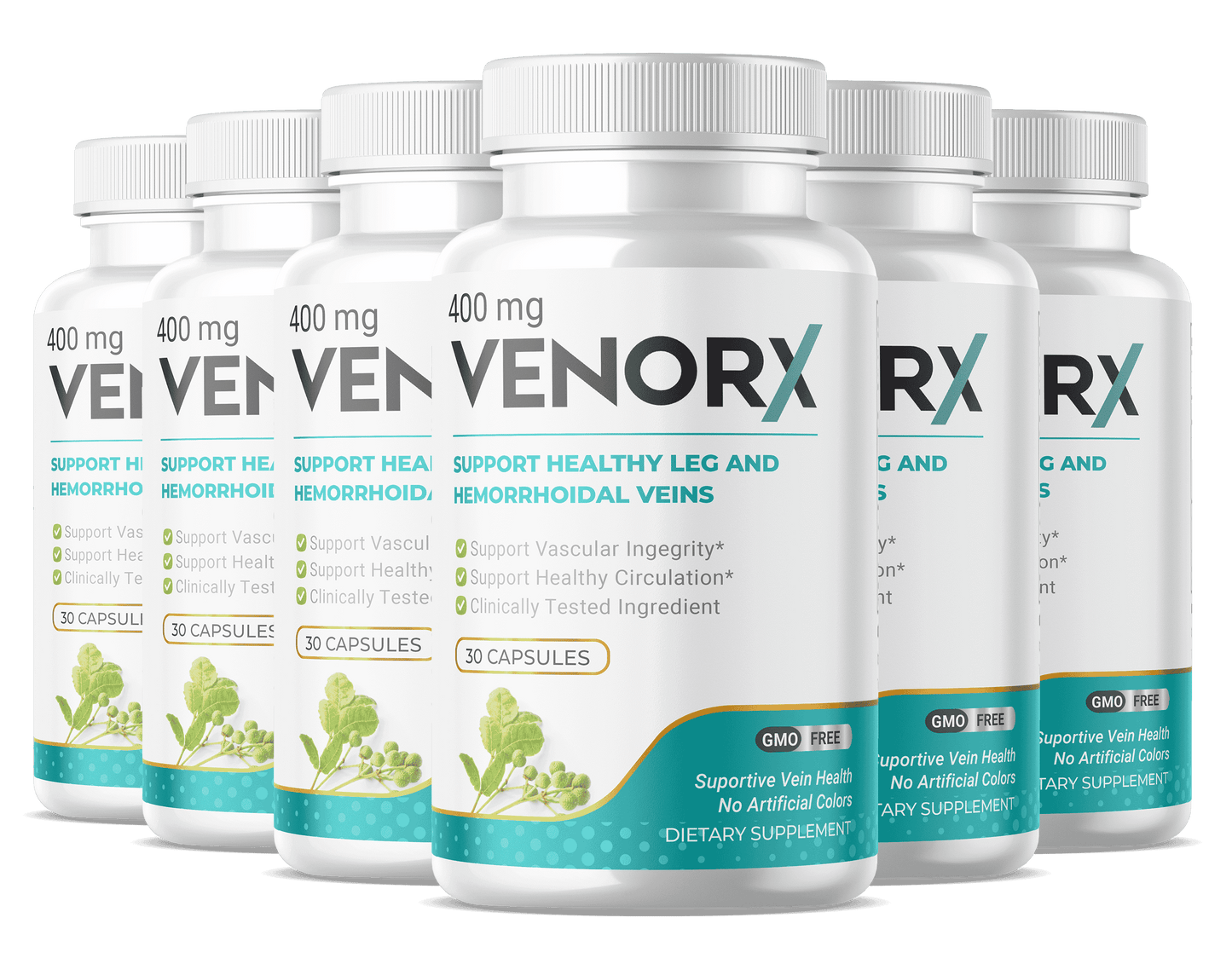
The Hemorrhoidal Plexus: Why Supporting This Vein Network Is Key to Everyday Comfort
Share
Why Supporting the Hemorrhoidal Plexus Matters More Than You Think
When most people hear the word "hemorrhoidal," they think of itching and gooey applications. But what many don’t realize is that it represents a complex and vital network of veins called the hemorrhoidal plexus. Supporting the health of this venous structure is key to maintaining long-term comfort, especially for those with active lifestyles or predispositions to vascular issues.
In this article, we’ll break down what the hemorrhoidal plexus is, what it does, why it matters, and how you can support this often-overlooked part of your vascular system through lifestyle and self-care strategies.
What Is the Hemorrhoidal Plexus?
The hemorrhoidal plexus is a dense network of veins located in the anal canal and rectum. It's made up of two main parts:
- Internal hemorrhoidal plexus – Situated inside the rectum, this plexus is involved in cushioning and controlling stool passage.
- External hemorrhoidal plexus – Found just beneath the skin around the anus, this part plays a role in protecting sensitive tissue and responding to pressure changes during bowel movements.
Together, these vein clusters act as a vascular cushion. Their job? To help maintain continence, support mucosal lining, and respond to pressure changes that occur when we sit, walk, or engage in physical activity.
Why Is This Vein Network So Important?
While the hemorrhoidal plexus is essential to everyday bowel function, it is also prone to strain. Factors like low fiber diets, heavy lifting, pregnancy, or even prolonged sitting (think long bike rides or desk jobs) can put excessive pressure on these veins. Over time, that pressure can cause the veins to swell, weaken, and become problematic—leading to what we commonly recognize.
Supporting the hemorrhoidal plexus is not just about supporting comfort—it's about maintaining vascular wellness.
Here’s why that matters:
- Comfort and Function
- Circulatory Support
- Lifestyle Benefits
Lifestyle Tips to Support Hemorrhoidal Health
Supporting your hemorrhoidal plexus starts with good habits:
- Hydration: Water keeps stool soft and reduces pressure during bowel movements.
- Fiber-Rich Diet: Fiber promotes regularity and minimizes straining.
- Physical Activity: Movement improves circulation and reduces venous congestion.
- Avoid Prolonged Sitting: Take breaks every 30–60 minutes to stand or walk.
Some individuals also choose to support vein health with dietary supplements formulated with clinically studied ingredients.
Discover Venorx: Support for Healthy Circulation
Venorx is a daily supplement formulated to support vein health and circulatory function. It contains a patented, Generally Recognized As Safe (GRAS) ingredient that has been evaluated in human clinical studies. While individual results may vary, many users have reported improvements in overall vascular comfort and leg health.
Venorx is designed to:
- Support healthy vein tone and elasticity
- Promote microcirculation
- Complement daily lifestyle practices for vein health
To learn more about the science and ingredients behind Venorx, visit our product page or browse our educational articles on the Venorx blog.
Final Thoughts: Don’t Overlook the Foundation
Your hemorrhoidal plexus is more than just a cluster of veins—it’s a critical part of your body’s circulatory and continence system. Whether you're experiencing symptoms or just want to stay proactive, supporting this area can make a significant difference in your day-to-day comfort and vascular well-being.
To learn more about how to support your veins from the inside out, explore Venorx and discover the full range of tips and articles on our blog.
Related Reads
- Top 5 Tips for a Healthy Bum
- Why Cyclists Should Care About Vein Health
- Understanding Varicose and Spider Veins—From the Inside Out
Disclaimer: These statements have not been evaluated by the Food and Drug Administration. This product is not intended to diagnose, treat, cure, or prevent any disease. Always consult your healthcare provider before beginning any new dietary supplement.


